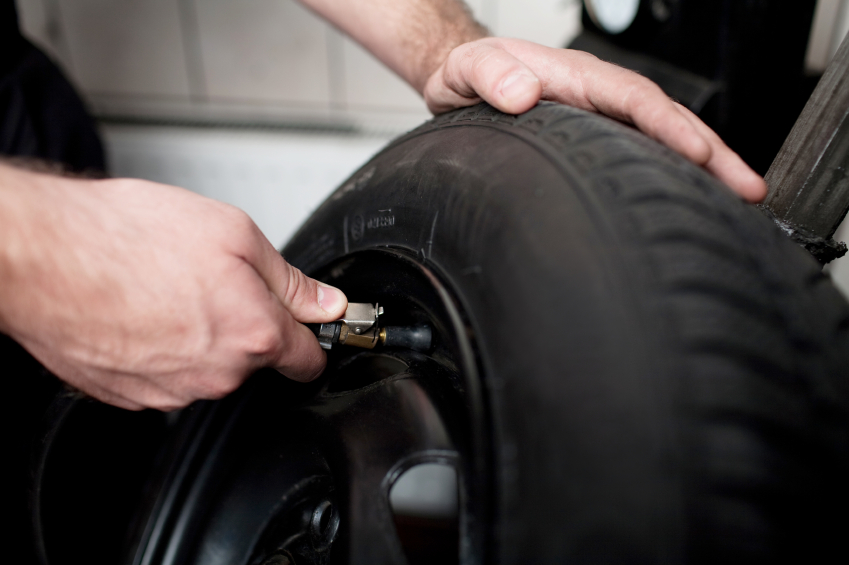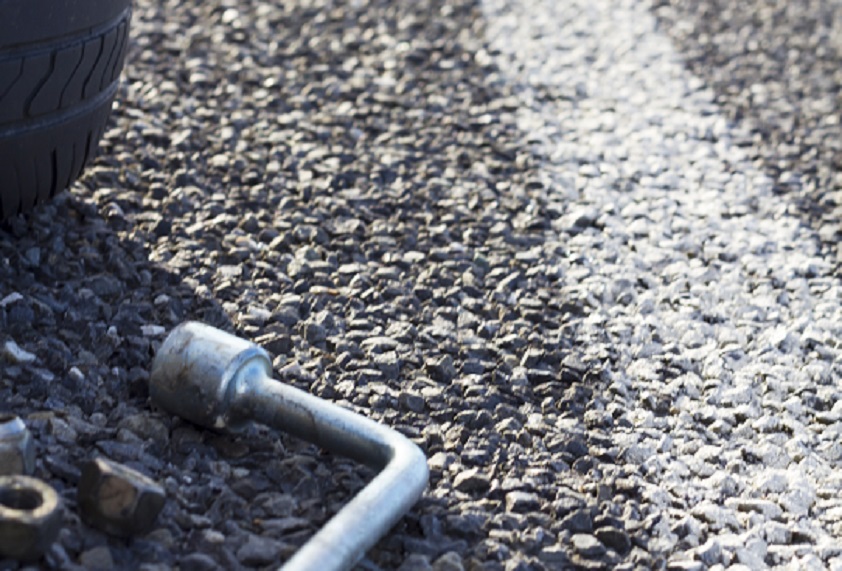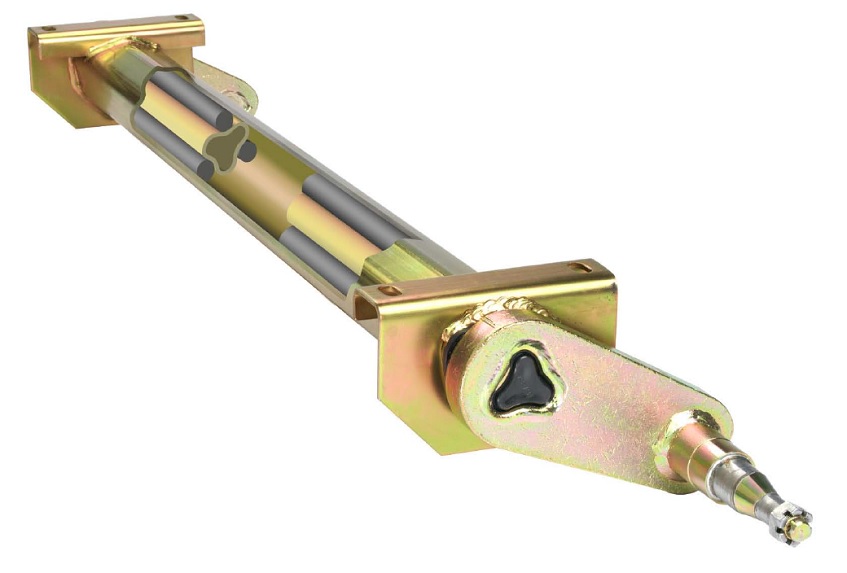The condition of your trailer tyres can greatly impact your safety on the road, so make sure you’re well on top of your trailer tyre maintenance.
To keep your trailer tyres in good working order, make sure you’re on top of tyre pressure, tyre size and maintenance checks.
Tyre pressure
The pressure – measured in pounds per square inch (PSI) – that your trailer tyres are set at, is dependent upon a few factors:
- Weight: The combined weight of the trailer and its load.
- Surface: The PSI should be changed depending on the surface you’re driving on. Generally speaking, it should be higher on bitumen and lower on dirt, gravel or sandy surfaces. Altering the PSI to suit the surface will give you a smoother ride, better fuel economy and will reduce the chance of a puncture.
- Model: Ask your trailer manufacturer for recommendations for tyre pressure or try an internet search. PSI varies enormously with different models and loads.
- Individual usage: When in doubt, take the intuitive trailer tyre maintenance approach. Be observant and play around with a few different tyre pressures to get a feel for how the ride changes with the alterations. Touch your tyres after driving. If they’re feeling too hot you should increase the PSI.
Tyre size
When purchasing tyres, size is an important factor. Consider the following:
- Ground clearance is a vital factor in choosing tyres. If you’re driving on rough surfaces or going off-road, you’ll need to think about larger tyres (as long as it’s a safe choice for your vehicle and trailer).
- The width of the tyres affects fuel economy, but a bigger footprint can be better for certain conditions such as mud.
- The accuracy of your vehicle’s speed can be affected if the trailer’s tyre size is altered.
- Be very careful when selecting the size of tyres for your trailer, as making the wrong choice can void your insurance. The tyres always need to be appropriate for your vehicle and the load you’re carrying. When in doubt, check with your insurance company.
- Match the tyre size and wheel stud pattern to that of your car’s tyres. This means you’ll always have plenty of spare tyres for both your vehicle and trailer in case of punctures, and it will save you carrying extra jacks too.
Maintenance checks
As a rule, you should change your trailer tyres every three to five years, depending on the distance they’ve travelled. Rotate them regularly to make sure they last their full lifespan. Check for signs of wear and tear on a regular basis and don’t forget to include your spare in your maintenance checks.
There are few things as important to a trailer tower than trailer tyre maintenance, so be sure you check tyres regularly.
If you’re maintaining your own trailer tyres, you’ll also need to think about their tread, traction and temperature. [link to article: Traction, treadwearing and temperature: A guide to trailer tyres]





